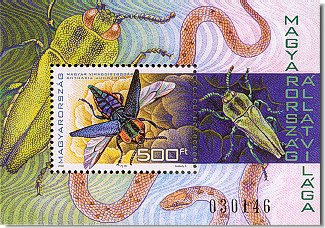For decades, the plummeting populations of bees and other pollinators have provoked serious concern: the busy insects' work is essential to about a third of all the food we eat, including tomatoes, beans, apples and strawberries. The loss of flowery meadows, starving the bees, and the rise in parasites have long been blamed. But 2012 saw a third factor rise to prominence – neonicotinoid pesticides.
In March, one of the world's most prestigious peer-reviewed science journals published two landmark studies. One showed that bees consuming the pesticide suffered a catastrophic loss in the number of queens produced, while the other showed a doubling in "disappeared" bees – those that failed to return from food foraging trips. Further scientific evidence followed, but the UK government has yet to follow France, Germany, Italy and Slovenia in suspending some of the pesticides. The neonicotinoids are the most widely used insecticides in the world and are an industry worth billions of dollars a year.Serious questions are now being asked about the adequacy of Europe's regulation of neonicotinoids which, for example, only considers the effects on honeybees, despite 90% of pollination being performed by different species, such as bumblebees, hoverflies, butterflies and moths. The regime is even being questioned by the European Commission's own official advisers, which accepted in 2012 that current "simplistic" regulations contain "major weaknesses". In 2013, we will see new reports from the UK parliament's Environment Audit Committee, new scientific evidence delivered to the UK government and a new analysis from the European Commission's advisers. Whether change follows remains to be seen.
The Guardian, 21 December 2012
http://www.guardian.co.uk/environment/2012/dec/21/drought-icemelt-super…

- Log in to post comments
